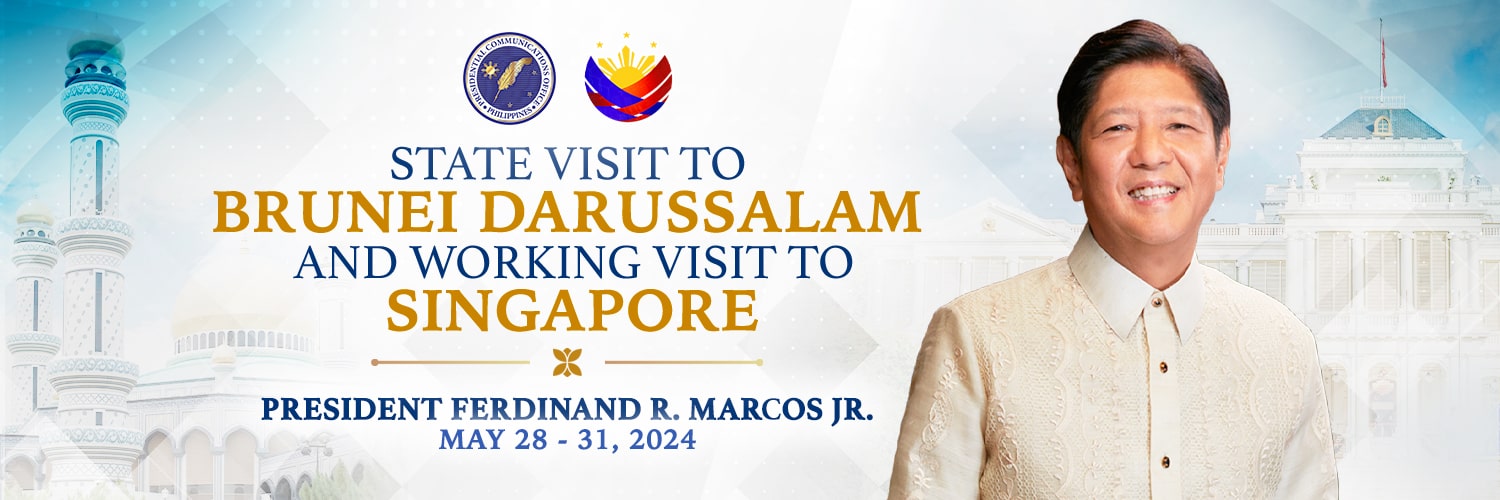
President Ferdinand R. Marcos Jr. stood firm that the Philippine government will exhaust all legal remedies should tensions in the West Philippine Sea result in the killing of a Filipino.
He, however, declared that such act may be considered an act of war.
“What would happen if there was an incident that ended up killing a Filipino serviceman, be it a Coast Guard or in the military and part of the Navy. Well, that would be — that would certainly increase the level of response and if by a willful act on a Filipino, not only serviceman but even a Filipino citizen. If a Filipino citizen is killed by a willful act, that is I think a very, very close to what we define as an act of war and therefore we will respond accordingly,” President Marcos stressed during the question-and-answer portion of the 21st International Institute for Strategic Studies (IISS) Shangri-La Dialogue.
The President made the remark when asked what actions will trigger the Philippine government from invoking the decades-old Mutual Defense Treaty with the US.
President Marcos emphasized that such action would also increase the level of response not only from the Philippine government, but also its “treaty partners.”
“We already have suffered injury, but thank God, we have not yet gotten to the point where any of our participants, civilian or otherwise, have been killed,” he said.
“But once we get to that point, that is certainly we would have crossed the Rubicon and certainly crossed the Rubicon. Is that a red line? Almost certainly it’s going to be a red line,” he added.
President Marcos made history as the first Philippine leader who delivered a keynote address before the IISS Shangri-La Dialogue, the leading defense and security conference in the Asia-Pacific region.
The dialogue provides an open, inclusive and neutral platform for the exchange of perspectives and ideas on defense and security issues in the Indo-Pacific region.
It is commonly attended by defense ministers, permanent heads of ministries, and military chiefs of mostly Asia-Pacific states.
Previous keynote speakers of the dialogue include Japanese Prime Minister Kishida Fumio in 2022 and Australian Prime Minister Anthony Albanese in 2023. | PND

